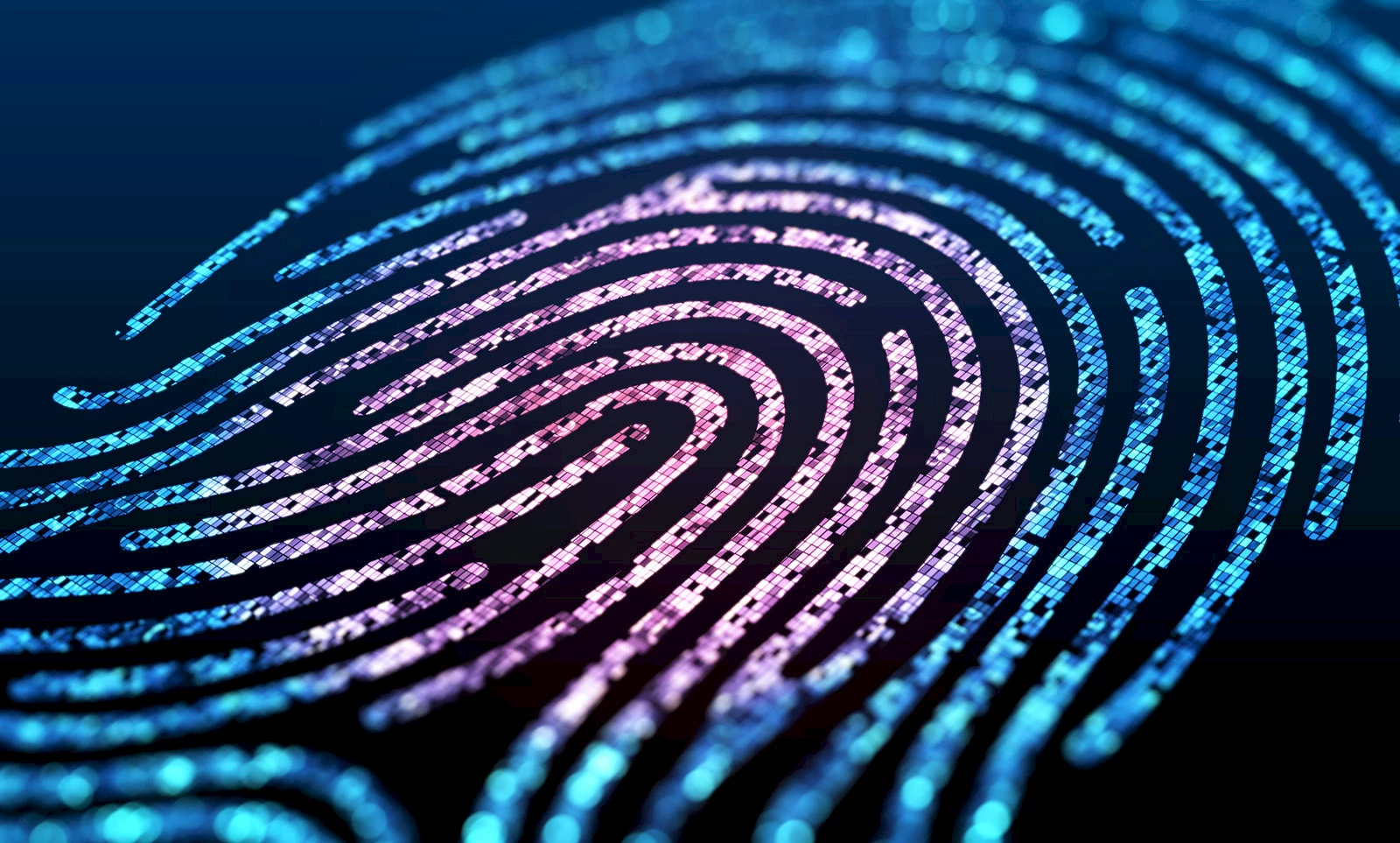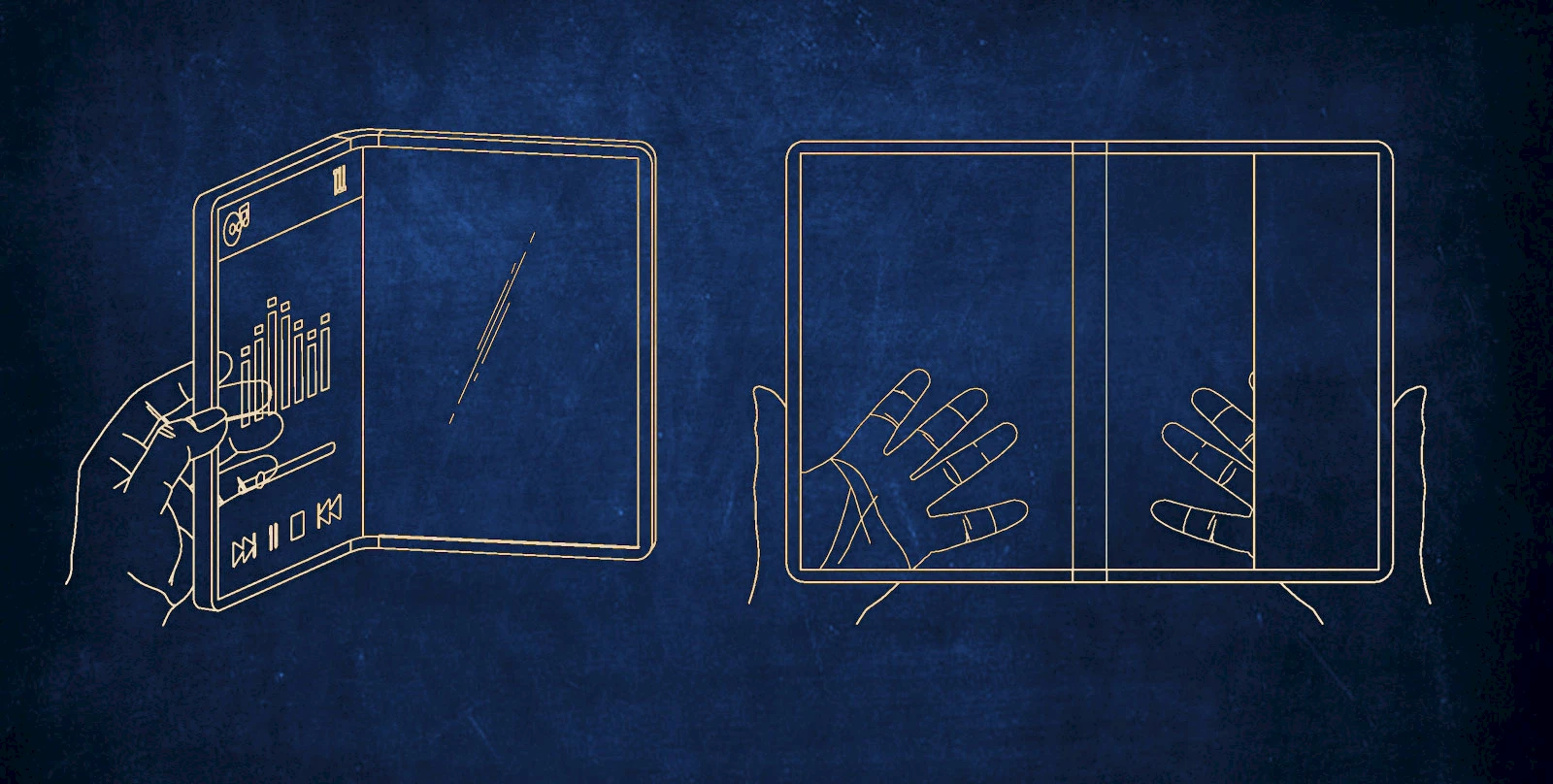Weekly Tech Recap - № 211 - DVD and Blu-ray sales, 3D Sonic Sensor spoofed, programming trends, transparent phone, etc.

DVD and Blu-ray sales

© iStock.
In its annual Theatrical Home Entertainment Market Environment report, the Motion Picture Association of America described an immensely sharp drop-off of physical media sales over the past five years. According to the data, global sales of video disc formats (DVD, Blu-ray, and UltraHD Blu-ray) were 25.2 billion (USD) in 2014 but only 13.1 billion in 2018. That’s a drop of about 50%. However, the global film industry is doing well. Global box office increased from 36.4 billion in 2014 to 41.1 billion in 2018, with strong growth in the Asia Pacific region. For audiovisual entertainment at home, consumption of all media (physical and digital) increased from 40.9 billion to 55.7 billion over the same period.
⇨ Motion Picture Association of America, “2018 Theatrical Home Entertainment Market Environment (THEME) Report.”
⇨ Ars Technica, “DVD and Blu-ray sales nearly halved over five years, MPAA report says.”
3D Sonic Sensor spoofed by a 3D printer

© iStock.
Samsung’s Galaxy S10 features a new fingerprint sensor, the 3D Sonic Sensor by Qualcomm, which uses ultrasonic technology to generate a 3D representation of your finger. This innovation allows for an invisible, in-display fingerprint reader, touted by its creators to offer “vault-like security”. Last February, Qualcomm wrote, “Our ultrasonic sensor for fingerprint recognition can detect blood flow within the finger and actually prevent hackers from spoofing the device with a photo or a mold.”
Unfortunately, that claim seems to have been debunked by Imgur user “darkshark” without much difficulty: take a picture of a fingerprint on a glass surface, add contrast in Photoshop, import in a 3ds Max for a 3D model, then send to a resin stereolithography printer. Darkshark used the Anycubic Photon printer, which sells for just 650 CAD. When placed under the finger, the 3D fingerprint, printed on a resin sheet, handily unlocks the Galaxy S10. It just goes to show: biometrics are fine and good, but nothing beats long passwords.
⇨ Ars Technica, “Samsung Galaxy S10 fingerprint sensor defeated by a $450 3D printer.”
Programming trends

© iStock.
Close to 90,000 developers from all over the world participated in Stack Overflow’s 2019 survey. Here are the main findings: Python is once again the fastest-growing programming language; it is also the second most loved language, behind Rust. The most popular framework of the year is React.js, followed by Vue.js. The winners in the platform category were Linux, Docker, Kubernetes, Raspberry Pi, AWS, MacOS and iOS. The three most popular development environments were Visual Studio Code, Visual Studio and Notepad++, while Vim is far more liked than Emacs. Nearly half of respondents (47.5%) use Windows, while the other half is almost evenly split between MacOS (26.8%) and Linux (25.6%). About half of respondents report using container technology. Finally, if you’d like to earn more money, Clojure, F#, GO, Scala and Elixir are the most lucrative languages.
⇨ Stack Overflow, “Developer Survey Results 2019.”
⇨ Ars Technica, “Developers love Python and TypeScript, get paid for Clojure, and aren’t using blockchain.”
Foldable, transparent phone

© LG Electronics.
LG has filed a patent for a phone that’s not just foldable, but also transparent. TV shows and sci-fi flicks are replete with transparent tablets and displays; but what possible use could they have back here in real life, except maybe to look cool and futuristic? While the patent is long on description, it is short on use. But getting back to the subject: the handset has an opaque section on the right hand side to hide the battery and electronics, while the rest is see-through; a wheel even allows you to adjust transparency. While LG does have the technology to make such a phone, like flexible and transparent OLED screens, there’s no guarantee that the patent will one day give rise to an actual product.
⇨ United States Patent and Trademark Office, “US patent 10,254,863.”
⇨ The Verge, “LG patents a transparent foldable phone.”
First look at Chromium Edge

Mountain View, California. © iStock.
Four months after it announced that it would discontinue the EdgeHTML rendering engine, as well as Chakra, the JavaScript engine, Microsoft gave us a first look at its Edge browser now based on Google’s Chromium (Blink rendering engine associated with the V8 JavaScript engine), making a preview version available for Windows 10. The company says more previews for other operating systems are coming, including for MacOS, Windows 7, Windows 8 and Windows 8.1. Microsoft also said it has started contributing to the Chromium open source project, including in the areas of accessibility, touch and ARM64.
⇨ Windows Experience Blog, “Microsoft Edge preview builds: The next step in our OSS journey.”
⇨ GeekWire, “Microsoft launches first preview builds of Chromium-powered Edge browser for Windows 10.”
